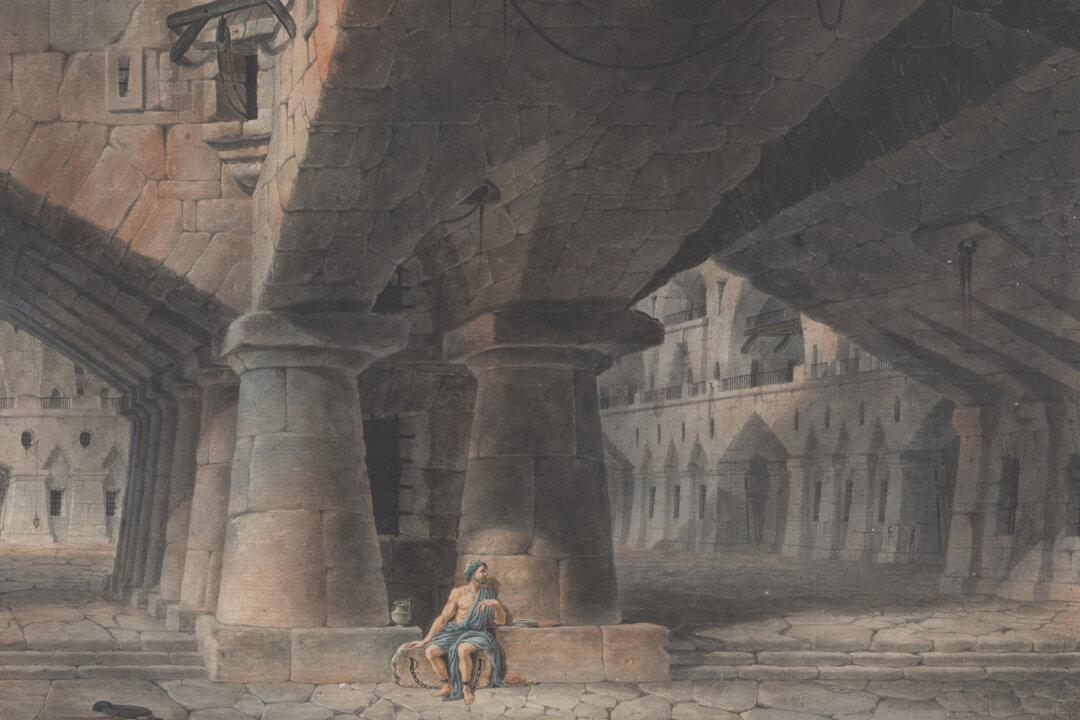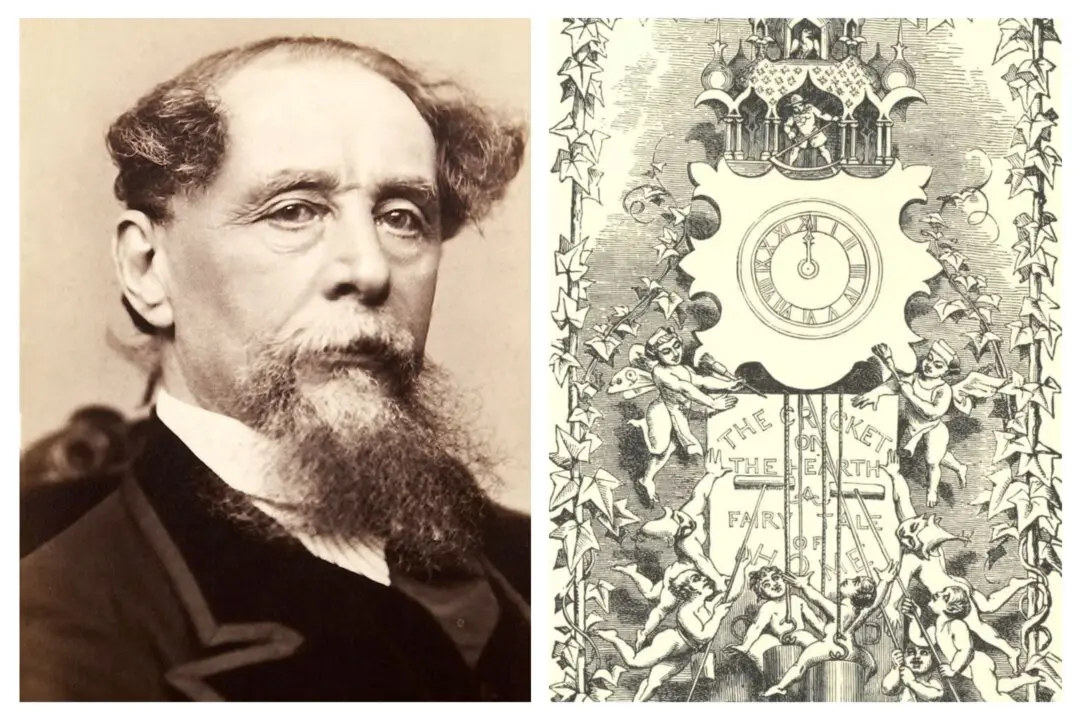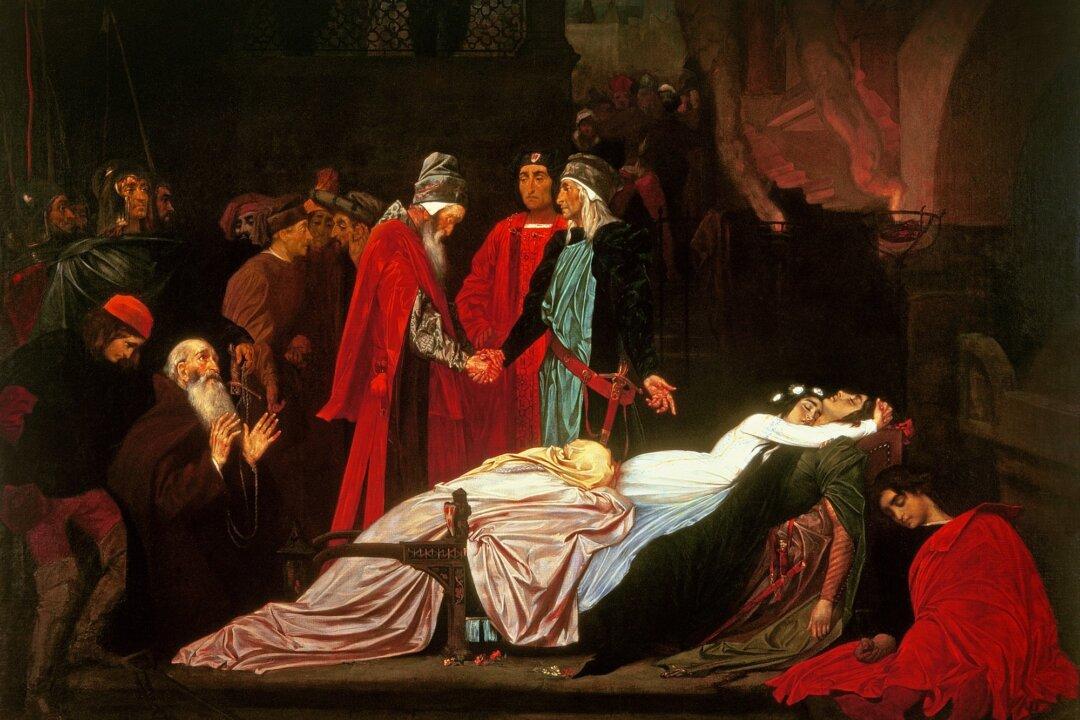Ingratitude may be hazardous to your health. It may even kill you. This is one truth expressed in Herman Melville’s great short story “Bartleby the Scrivener.”
Like much of Melville’s work, “Bartleby” is a story that reveals as much by what is absent as by what is present. From beginning to end, “Bartleby” illustrates the way a culture and society can harm an individual’s capacity to be grateful and the way an individual can crush this capacity in himself.





